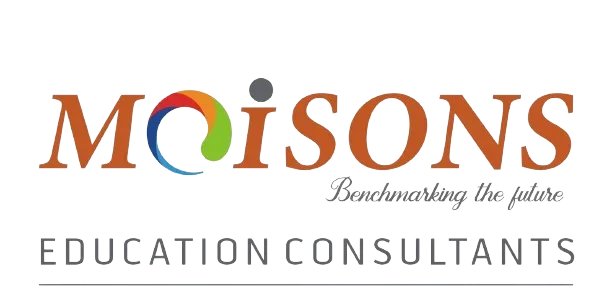Designed for graduates who want to move into computing from another discipline,
This one-year programmer provides you with a broad technical knowledge and a sound business context for managing IT systems.

These are required to meet fundamental IT sector needs such as planning major projects or improving business processes, and are essential for those with aspirations of a management role in the IT sector.
Special Features:
Conversion course.
Intensive programme specifically designed for those who wish to move into computing and IT management from another discipline.
The facility to tailor the course to your interests by the selection of an advanced option module.
7-10 month experience as an IT Professional for students who successfully find a suitable placement.
Course Description:
Computing & IT Management
Through this programme you will get a fundamental understanding of software development and supporting technology relating to programming and database management. You will understand the professional skills required to lead IT managers, individually or as a part of a team working on business change projects.
With an emphasis on how computational systems can support business operation and the role of e-commerce, you will understand in detail the dependency between business operations and IT systems. You will be made aware of the challenges in IT management and develop an appreciation of the many factors on which successful IT projects depend.
In addition to being taught how to use industry standard products like Oracle™, you will have the option of learning about new and emerging technologies, such as cloud computing, that are radically changing the opportunities and threats for the provision of IT systems. You may also opt for human-centric computing which focuses on defining and delivering effective information systems from a human-centric perspective. Finally, 60 credits of the 180-credit programme concern a dissertation with individual supervision.
Full-time students may choose to apply for a paid 7-10 month professional work placement to be undertaken on completion of Spring semester and before completing the MSc programme with a 60-credit dissertation. Whilst students are responsible for finding their own placements, the School works alongside professional placement consultants to give advice on applying for placements, to keep you informed of a variety of opportunities, and to ensure that you receive constant support and guidance throughout the whole process.
Course Structure:
Core Modules:The following core modules are taken over both semesters:
E-Commerce and Innovation
Business and IT Management
During the Autumn semester, students undertake the following core modules:
Information Processing in Python
Web Application Development
During the Spring semester, students undertake the following core modules:
Information Modelling and Database Systems
Optional Modules:During the Spring semester, students choose from the following optional modules:
Distributed and Cloud Computing
Human Centric Computing
Visual Communication and Information Design
Skills Acquired:
Graduates will have been provided with several opportunities to develop team working, project and time management skills. Whilst working towards their dissertation skills in independent thinking and working will have been enhanced.
Career Prospects:
Recent graduates from the previous IT management stream in the MSc Computing programme have gained employment in roles such as systems analysts, business analysts and IT consultants.
Graduates are employed by organisations of all sizes locally, nationally, and internationally. For example, recent graduates have taken up positions with local NHS Trusts, Logica, Sun Microsystems, BT, and the National Library of Medicine in the USA.
Student Views:
“I really wanted to start a career in IT and completing an MSc in Computing and IT Management enabled me to achieve this goal. I also learned the importance of gaining a degree from an internationally recognised University, because the good reputation of Cardiff University will boost my CV throughout my career.”
Simeon Ivanov, MSc Computing and IT Management, 2012-13
Entry Requirements:
Applicants will possess minimum of a 2:2 honours degree in or equivalent professional qualification in a subject other than computing.
Non-graduates whose relative lack of formal qualifications is compensated for by their relevant work experience will also be considered.
Applicants whose first language is not English are normally expected to meet the minimum University requirements (e.g. 6.5 IELTS, with at least 5.5 in each area).
Applicants holding international qualifications are welcomed.
Notes: International students pursuing part-time programmes of study are not eligible for Tier 4 (General Student) visas and must have alternative leave to remain in the UK if they intend to study at the University in person.
Next intake: September/ February each year

